Cefpodoxime is a cephalosporin antibiotic used to treat certain infections caused by bacteria such as pneumonia; bronchitis; gonorrhea; and ear, skin, throat, and urinary tract infections. Antibiotics will not work for colds, flu, or other viral infections.
This medication is sometimes prescribed for other uses; ask your doctor or pharmacist for more information.
Usage directions
Cefpodoxime comes as a tablet and liquid to take by mouth. It is usually taken every 12 hours (twice a day) for 7-14 days. A single dose is given to treat gonorrhea. Follow the directions on your prescription label carefully, and ask your doctor or pharmacist to explain any part you do not understand. Take cefpodoxime exactly as directed. Do not take more or less of it or take it more often than prescribed by your doctor.
Shake the liquid well before each use to mix the medication evenly.
The tablets should be swallowed whole and taken with a full glass of water.
Continue to take cefpodoxime even if you feel well. Do not stop taking cefpodoxime without talking to your doctor.
Special precautions
Before taking cefpodoxime,
- tell your doctor and pharmacist if you are allergic to cefpodoxime or any other cephalosporin antibiotic such as cefadroxil (Duricef) or cephalexin (Keflex), penicillin, or any other drugs.
- tell your doctor and pharmacist what prescription and nonprescription medications you are taking, especially other antibiotics, anticoagulants (‘blood thinners’) such as warfarin (Coumadin), probenecid (Benemid), and vitamins.
- tell your doctor if you have or have ever had kidney or liver disease, colitis, or stomach problems.
- tell your doctor if you are pregnant, plan to become pregnant, or are breast-feeding. If you become pregnant while taking cefpodoxime, call your doctor.
- if you are having surgery, including dental surgery, tell the doctor or dentist that you are taking cefpodoxime.
Food limitations and special diet when taking Cefpodoxime
Take cefpodoxime tablets with food. The liquid may be taken with or without food.
Missed dose
Take the missed dose as soon as you remember it. However, if it is almost time for the next dose, skip the missed dose and continue your regular dosing schedule. Do not take a double dose to make up for a missed one.
Possible side effects
Cefpodoxime may cause side effects. Tell your doctor if any of these symptoms are severe or do not go away:
- upset stomach
- diarrhea
- vomiting
- mild skin rash
If you experience any of the following symptoms, call your doctor immediately:
- severe skin rash
- itching
- hives
- difficulty breathing or swallowing
- wheezing
- unusual bleeding or bruising
- sore throat
- painful mouth or throat sores
- vaginal infection
Storage and disposal of Cefpodoxime
Keep this medication in the container it came in, tightly closed, and out of reach of children. Store the tablets at room temperature and away from excess heat and moisture (not in the bathroom). Throw away any medication that is outdated or no longer needed. Keep liquid medicine in the refrigerator, tightly closed, and throw away any unused medication after 14 days. Do not freeze. Talk to your pharmacist about the proper disposal of your medication.
Emergency/overdose
In case of overdose, call your local poison control center. If the victim has collapsed or is not breathing, call local emergency services.
Other important information
Keep all appointments with your doctor and the laboratory. Your doctor will order certain lab tests to check your response to cefpodoxime.
If you are diabetic, call your doctor before changing diet or dosage of medicine. Use Clinistix or TesTape (not Clinitest) to test your urine for sugar while taking this drug.
Do not let anyone else take your medication. Your prescription is probably not refillable. If you still have symptoms of infection after you finish the cefpodoxime, call your doctor.
It is important for you to keep a written list of all of the prescription and nonprescription (over-the-counter) medicines you are taking, as well as any products such as vitamins, minerals, or other dietary supplements. You should bring this list with you each time you visit a doctor or if you are admitted to a hospital. It is also important information to carry with you in case of emergencies.
Disclaimer
We provide only general information about?Altipod which does not cover all possible drug integrations, directions or precautions. Information at our website cannot be used for self-treatment and self-diagnosis. Any specific instructions for a particular patient should be agreed with his health care adviser or doctor in charge of the case. We disclaim reliability of this information and mistakes it could contain. We are not responsible for any direct, indirect, special or other indirect damage as a result of any use of the information on this site and also for consequences of self-treatment.


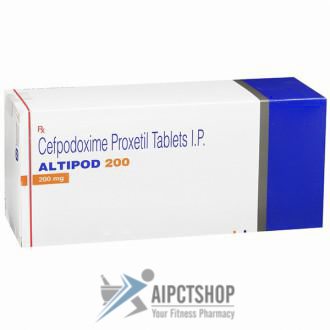
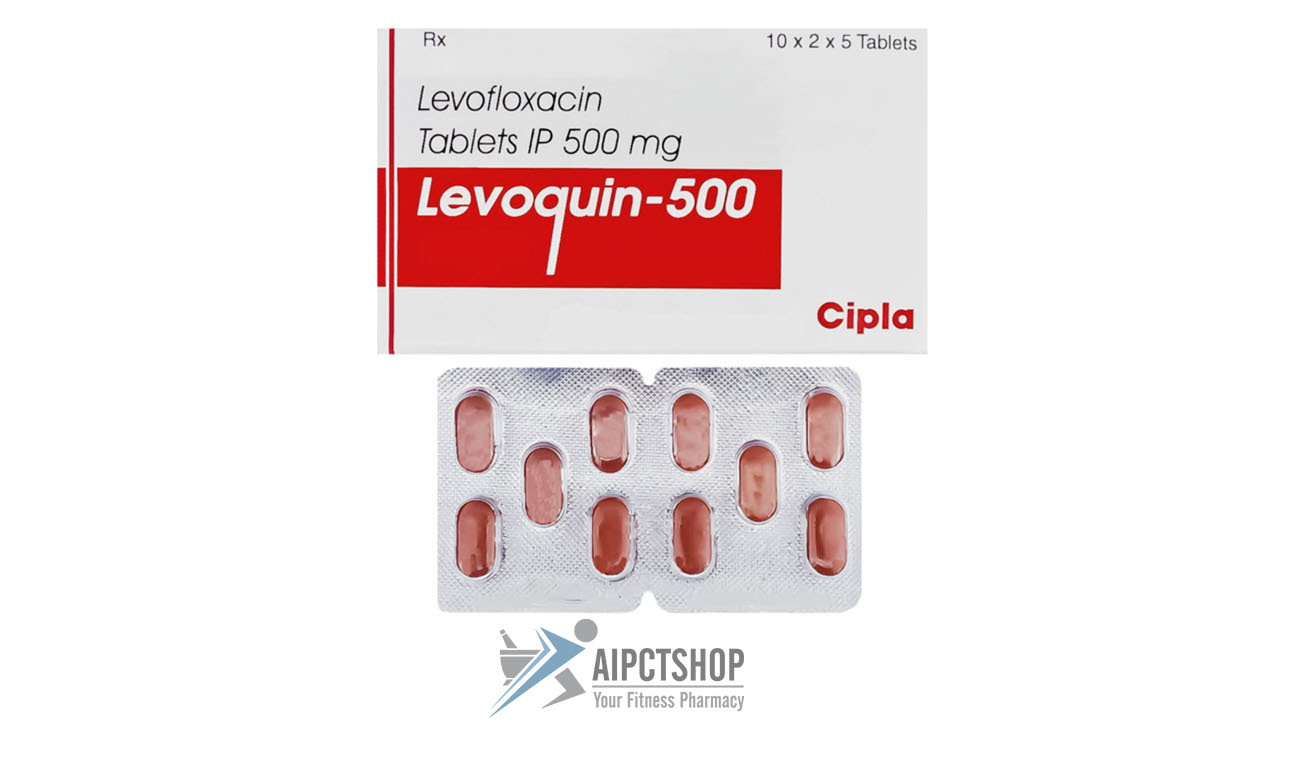
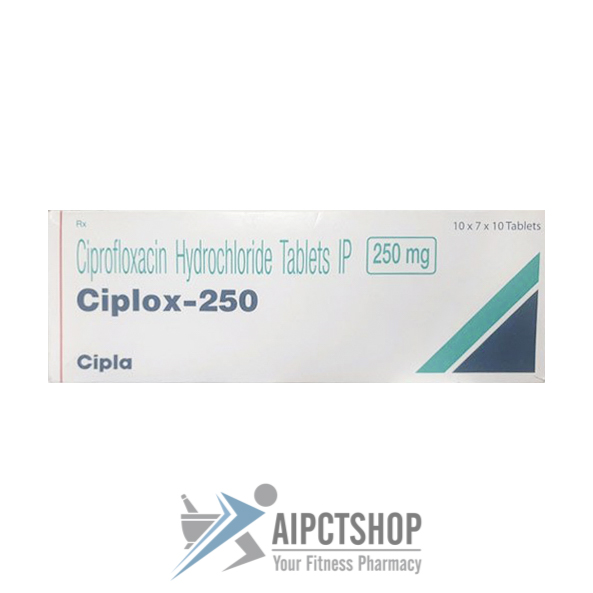
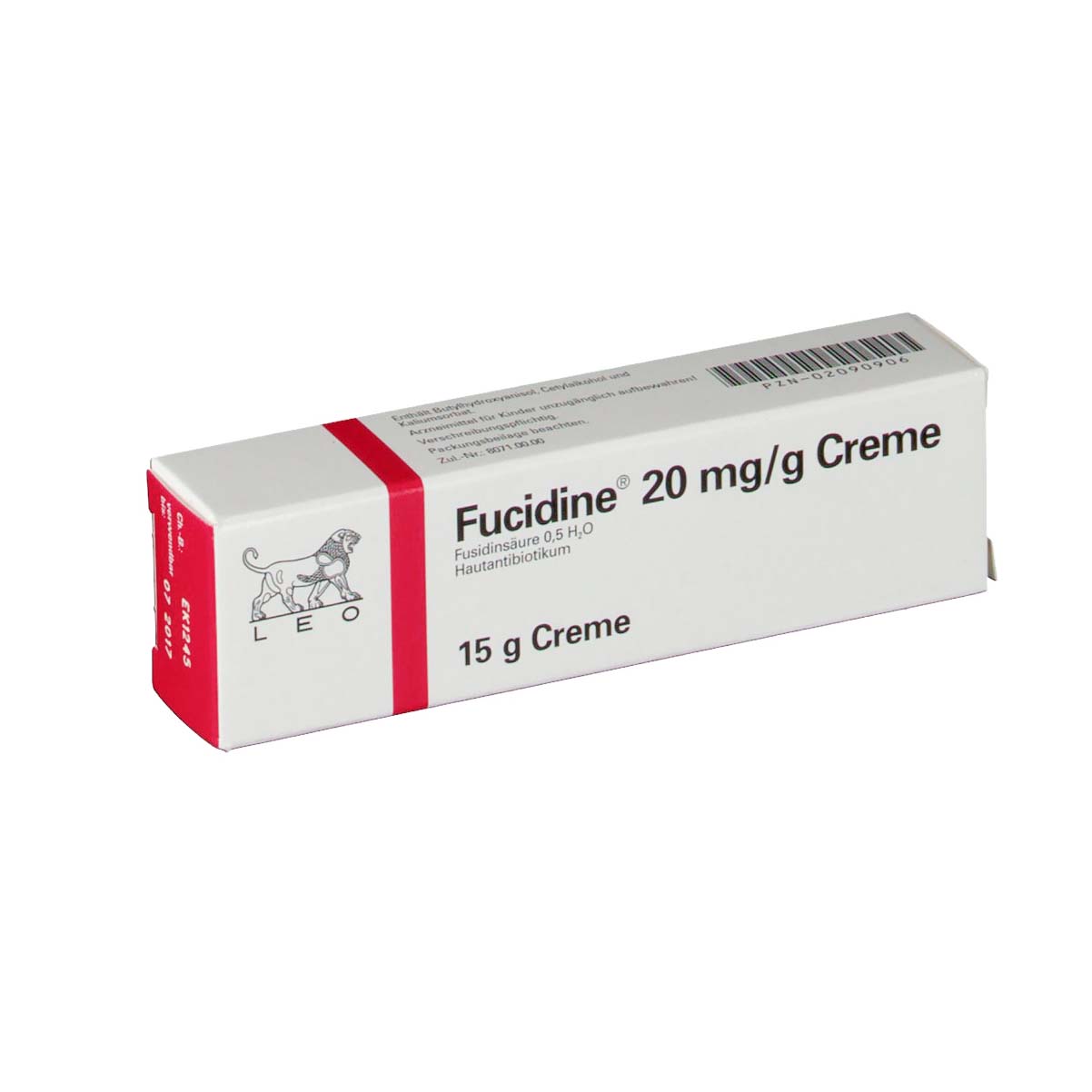
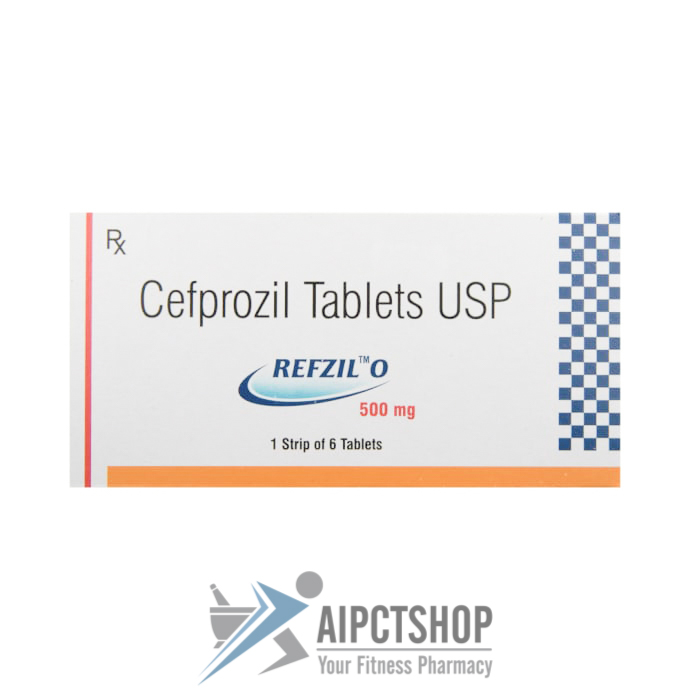
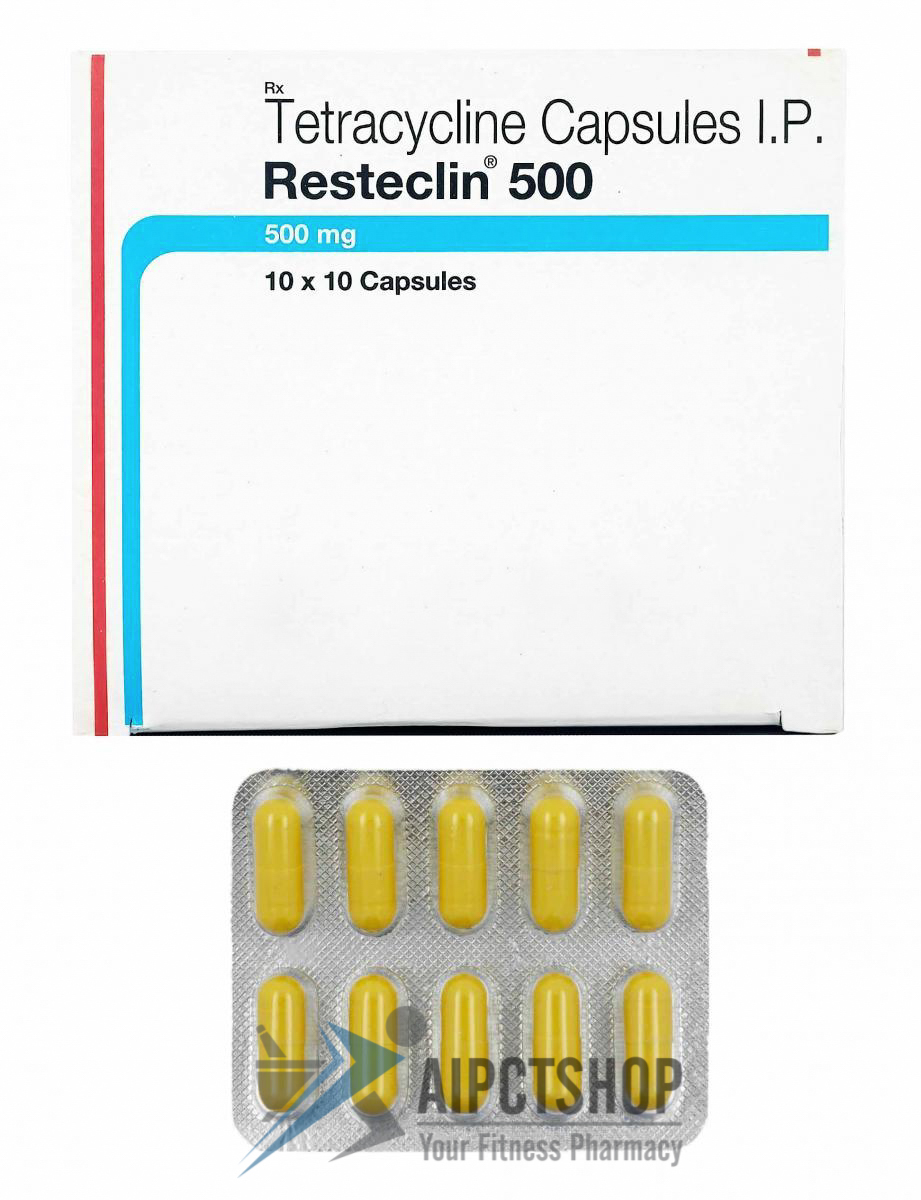
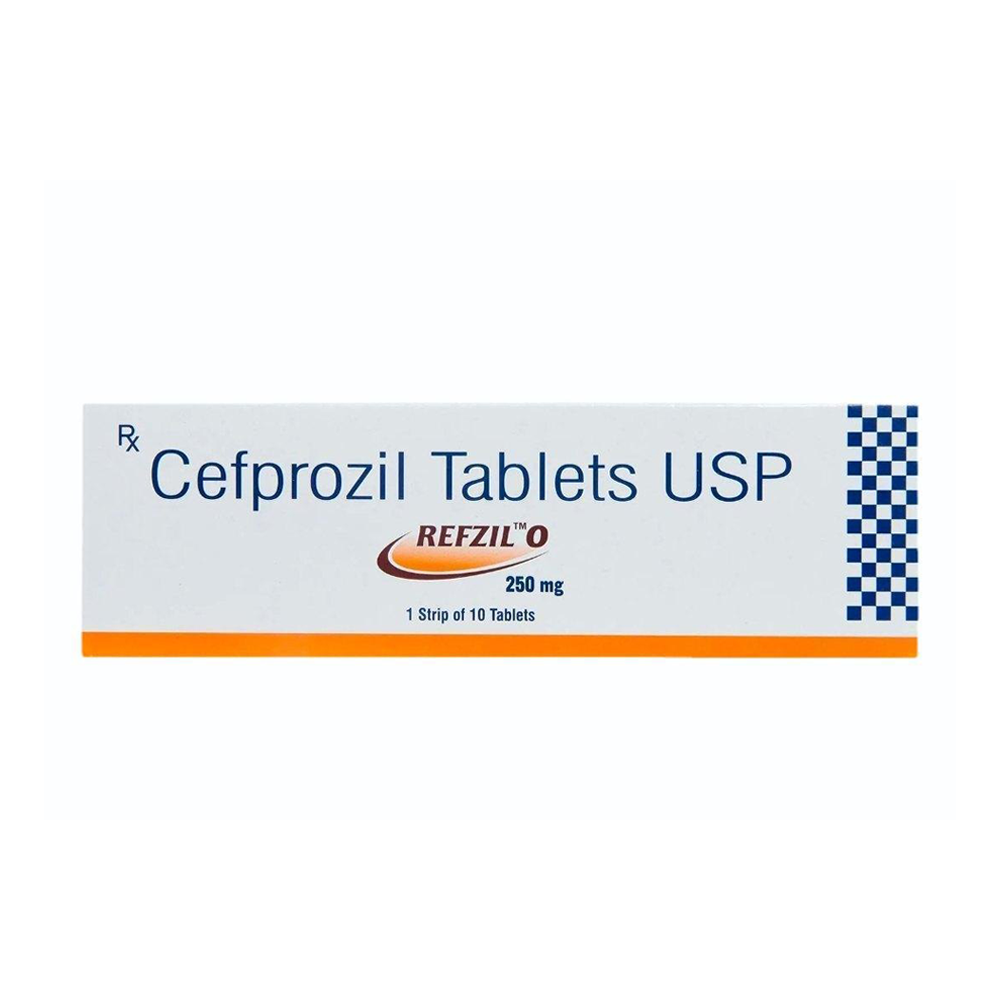
Reviews
There are no reviews yet.